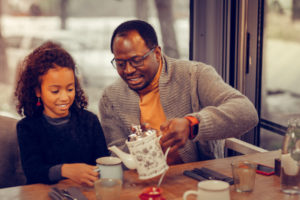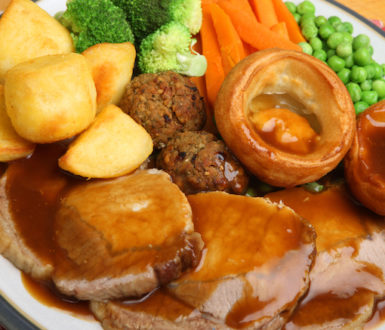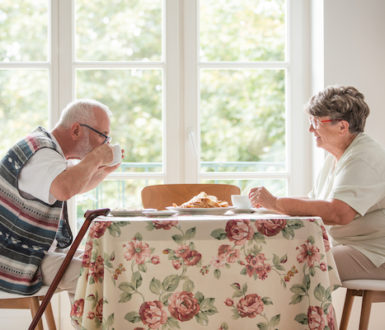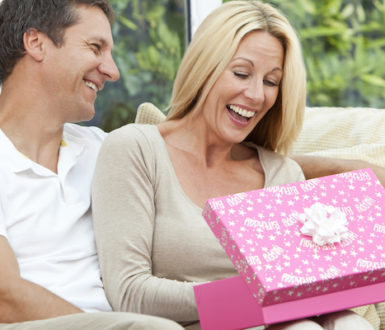Tea and British culture

One question that people always ask when they come to Britain is: “why do the British drink so much tea?”
The simple answer is that we like tea. We like it so much that we drink over 100 million cups a day between us. It warms you up when the weather is cold, it is a gentle stimulant when you’re tired, and it tastes quite pleasant.
But the more complicated answer is that tea is not just a drink to the British – it’s a vital part of our culture. To understand why the British drink so much tea is to understand the British.
Tea is great when we’re thirsty or tired – but it’s also more than that. It is a sign of friendliness when you visit someone’s house, a gesture of sympathy when someone is upset, and of celebration when an alcoholic drink wouldn’t be appropriate (for example, if the good news arrives at 10am in the morning, or you are at work). It is also a good way to keep things calm in the workplace. If tensions are starting to rise, the act of boiling the kettle and sharing tea gives time for thought and helps people to calm down.
Within families, it may also used to break the silence after an argument. Offering and accepting the tea means that the argument is considered over.
In other words, we drink it – and offer it to others – as a way to express our emotions (which we’re bad at doing in more obvious ways). So don’t be surprised if someone’s first reaction on learning you are upset is to offer to make you a cup of tea – it’s their way of saying that they would like to try and help you feel better.
It’s not just daily life that runs on tea. If there is ever any kind of emergency, you can guarantee that lots of tea will soon follow. British army tanks even come with an in-built water boiler.
Don’t worry if you don’t actually like traditional English tea the way that most people drink it (quite strong, with milk – and sugar if you want it). Many British now consider herbal infusions to be an acceptable form of tea and will offer you a choice. It is also fine to ask for a glass of water instead or to say you’d prefer a cup of coffee (though if you are in a home or office, be aware it is likely to be instant coffee).
Image: Viacheslav Iacobchuk/Dreamstime



